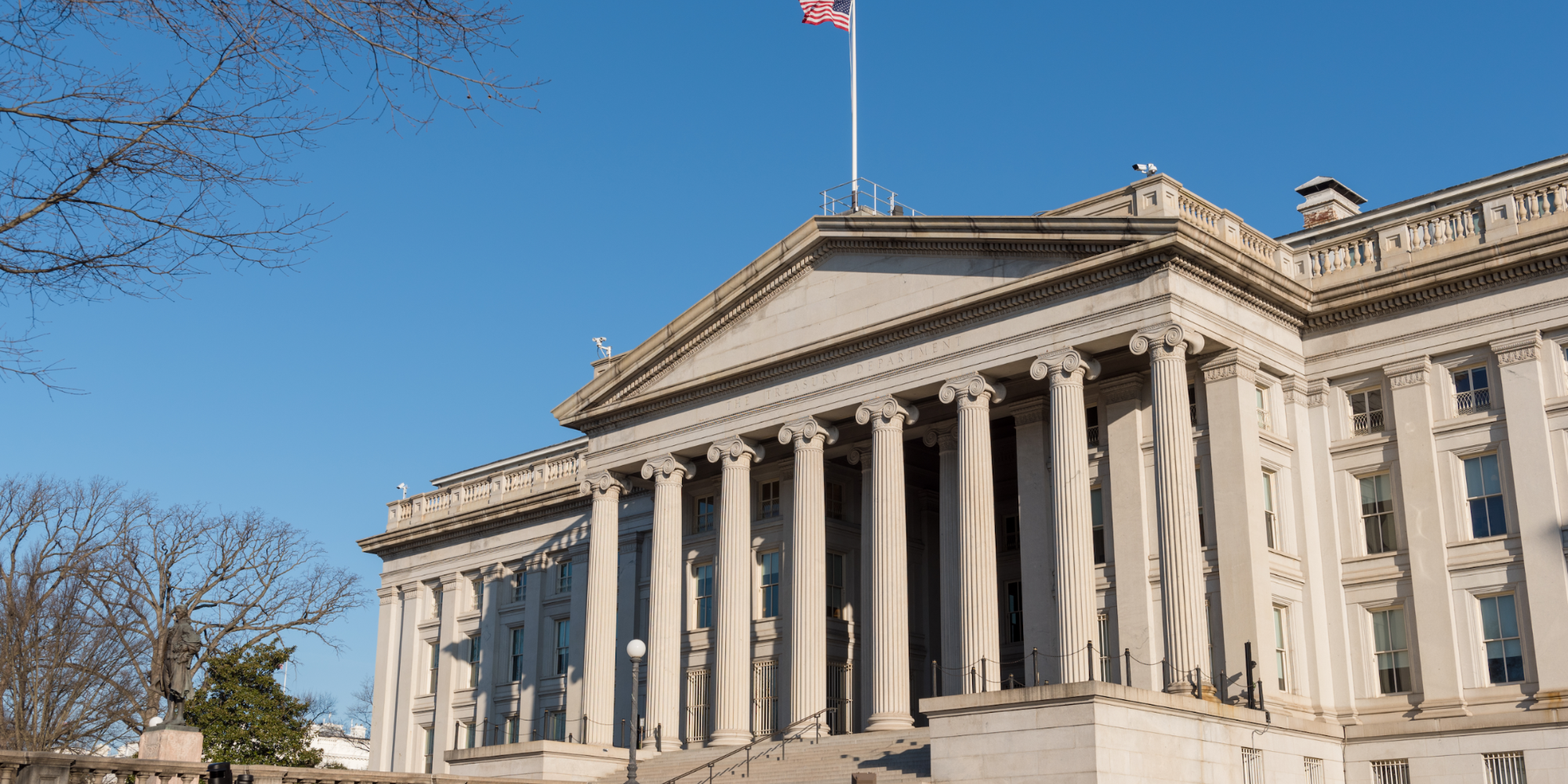What is the status of negotiations?
On May 22, President Biden and Speaker McCarthy had another face-to-face discussion. The meeting was described by both sides as productive, but no deal was reached. Each side agreed that the principles negotiation helped inform the staff talks that will continue to move forward.
The problem the White House and Congress face now is one of time. There are nine days left until the June 1, 2023 “x-date” – the date by which it is expected the Treasury Department will no longer be able to pay its obligations. As negotiations continue, there are still significant hurdles in the way of getting a deal through Congress. House Democrats oppose including work requirements for government aid recipients, and House Republicans are saying that the spending cuts do not go far enough.
On Sunday May 21, Treasury Secretary Janet Yellen said June 1 remains a “hard deadline” for raising the debt ceiling. Odds are quite low that the Federal government will collect enough revenue between June 1 and June 15 to bridge the gap until the next big infusion of revenue into the Federal Government is expected.
What happens next?
Congressional leaders expect it could take up to 10 days to move a bipartisan package through the House and Senate. Speaker Kevin McCarthy agreed when he took the gavel to give members 72 hours to review legislation. Party leaders need to unveil a deal to the rank and file, bring it to the Rules Committee and then to the floor.
All of this, combined with the lack of time remaining until June 1, means that municipalities should start thinking about what happens if the Federal government defaults and misses obligations starting June 1.
What impact would defaulting on the debt have on municipalities?
Here are the top four things cities, towns and villages should be thinking about.
- A municipality should be positioned with cash on hand to make up for any shortfall that might come from missing principal and interest payments of U.S. government-issued securities. If the Federal government is not able to pay its obligations, there is no clear mechanism for who or what will be paid and when. Municipalities should have a cash reserve on hand just in case.
- Any breach of the debt ceiling could substantially drive up the cost of short-term debt. Many municipalities use short-term debt for immediate bills including those around infrastructure and capital improvements. In turn, this would likely lead a municipality to have to either delay or cancel many capital projects until the issue got resolved and interest rates return to more normal levels. This comes as the U.S. is rolling out Bipartisan Infrastructure Law projects across America.
- A breach of the debt ceiling would depress equity markets. Moody’s Analytics predicts that $10 trillion in household wealth could be lost. This would in turn hurt sales tax receipts, as city residents pull back spending and remittances to local governments shrink. This could hurt local budgets.
- Much like when COVID first hit, there is a possibility that credit markets could seize up as the unknown of what is next and what will happen takes hold. This could mean lower rated issuers will have a harder time issuing debt in the market.
With all of the uncertainty around the negotiations, municipalities should start planning now for what could happen on June 1.






